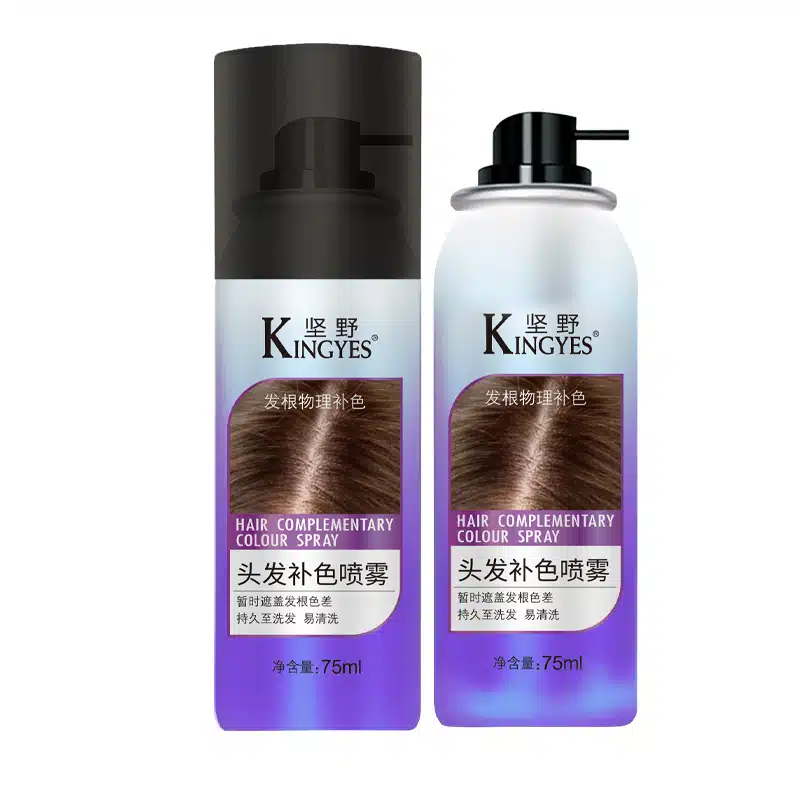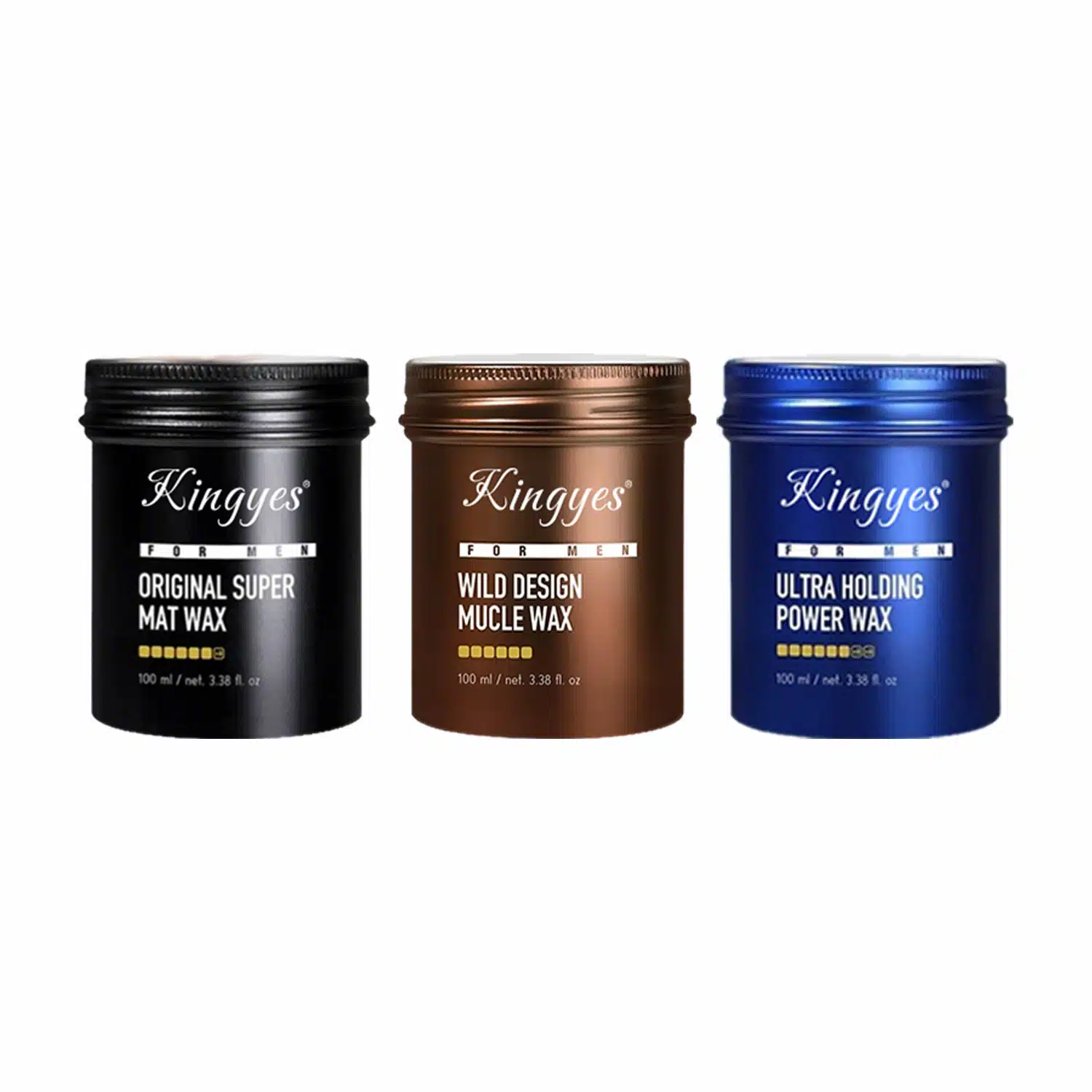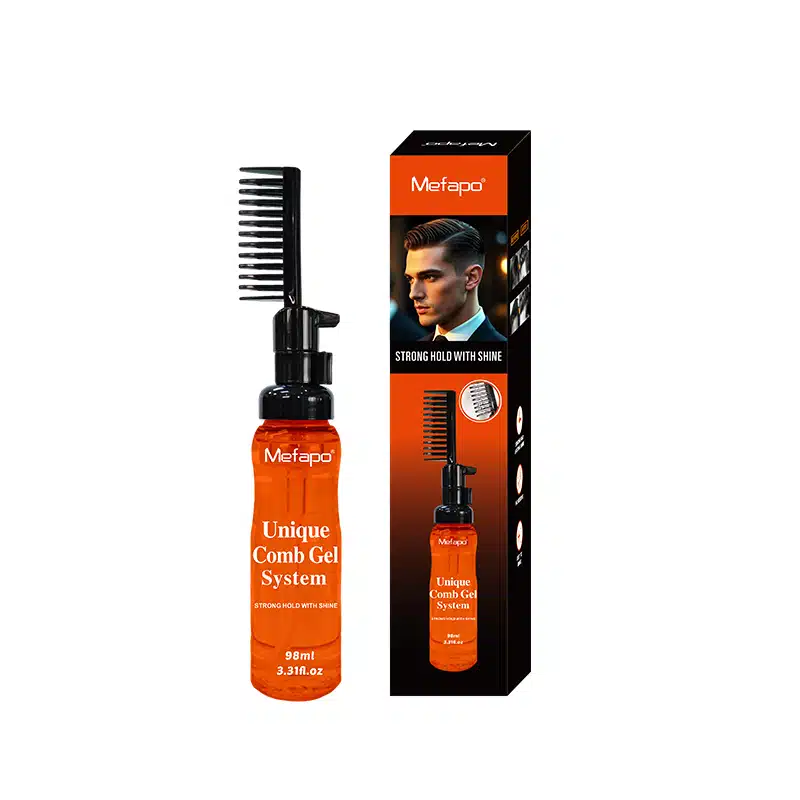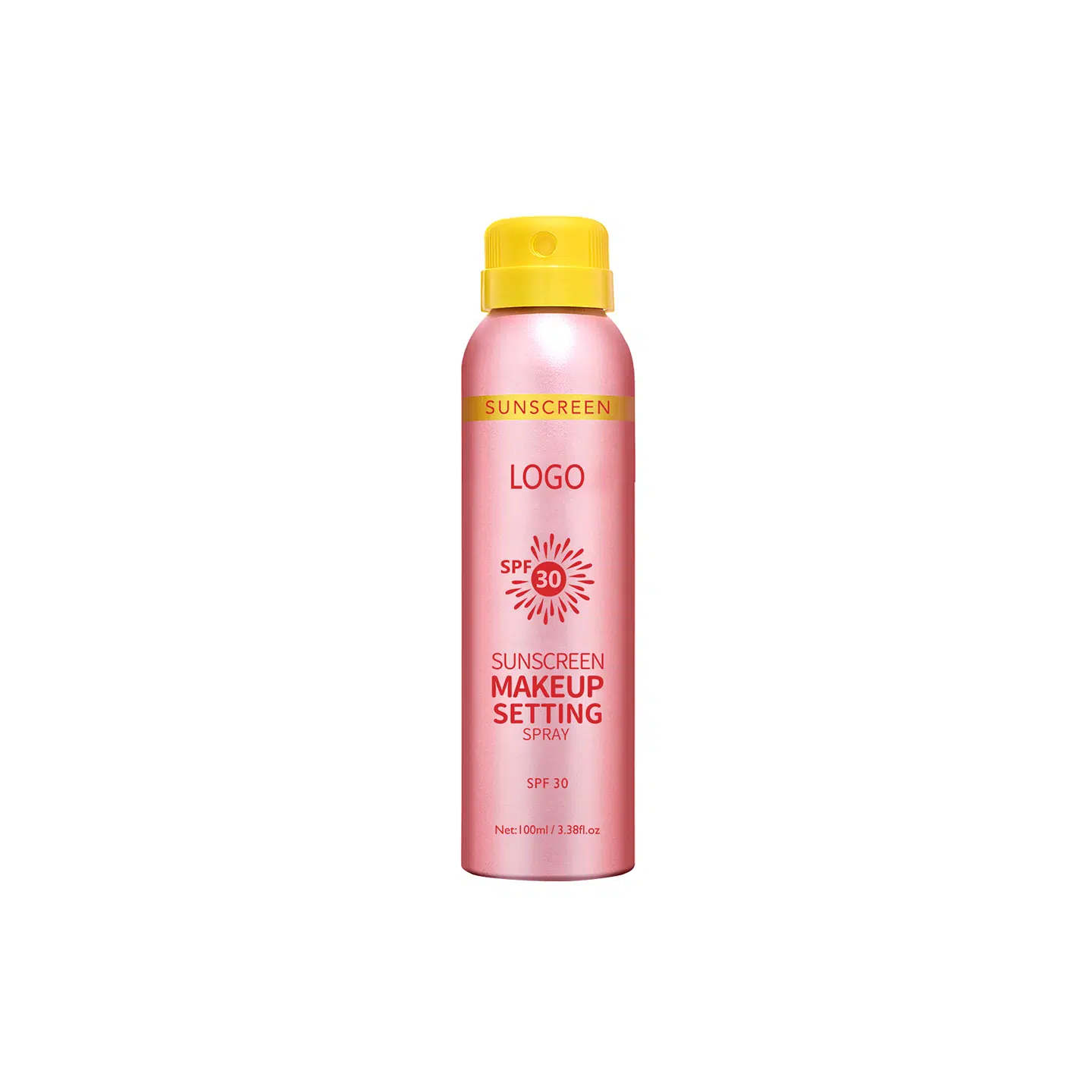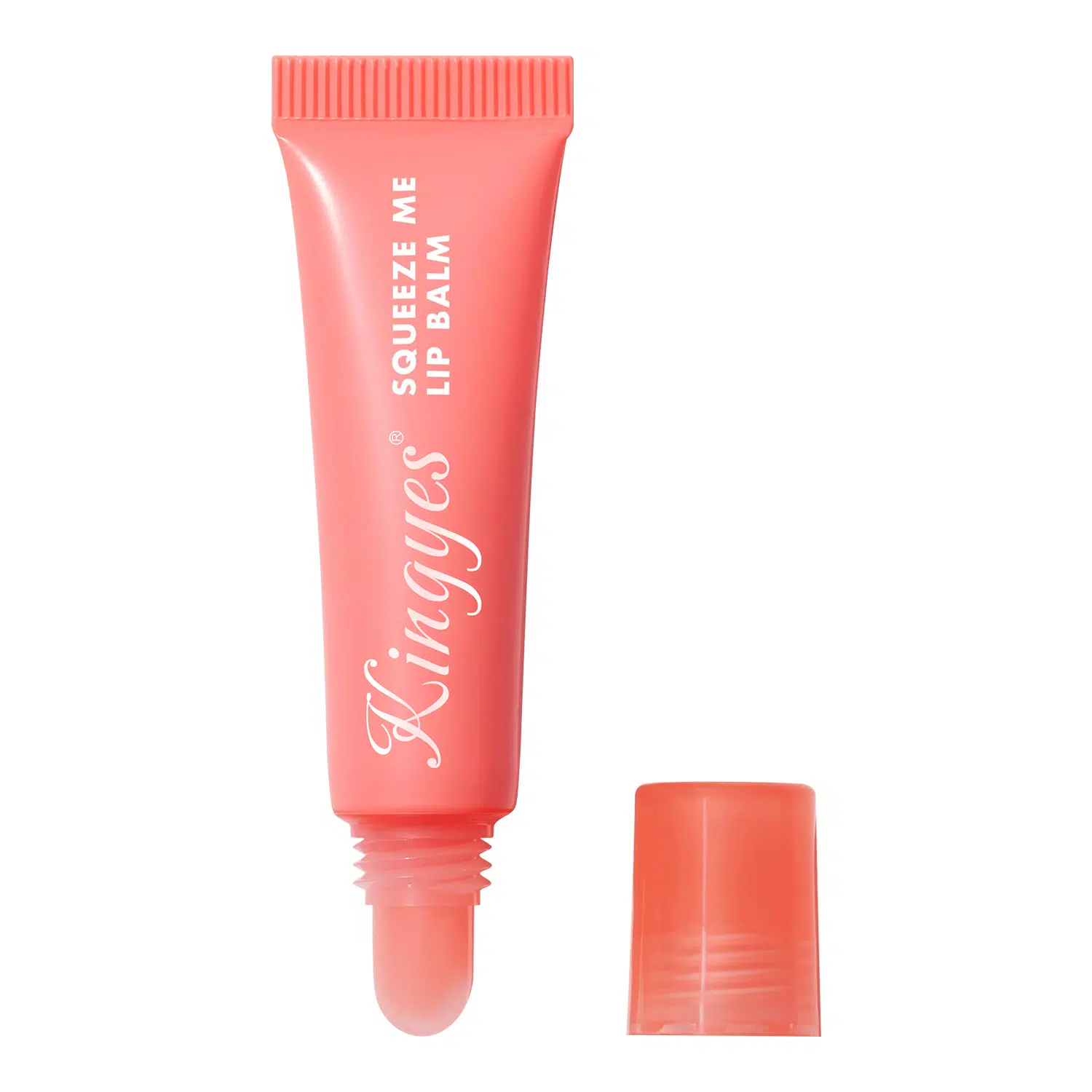
How To Tell If Its Dandruff Or Hair Product?
Table of Contents
Dandruff vs. Dry Scalp vs. Product Buildup: How to Tell the Difference
Dealing with an itchy, flaky scalp can be frustrating. Is it dandruff, dry scalp, or simply product buildup? Knowing the difference between dandruff and dry scalp, as well as product buildup, is crucial for finding the right treatment. This comprehensive guide will help you tell the difference between these common scalp conditions, explore their causes and symptoms, and provide practical tips on how to prevent dandruff and maintain a healthy scalp. There are key differences that can help you to identify the cause of the problem. This guide will help you to spot the difference.
What is Dandruff?
Dandruff is a common scalp condition characterized by the shedding of dead skin cells from the scalp. It is important to note that dandruff isn’t contagious. While everyone sheds dead skin cells, people with dandruff shed them at a faster rate. This can lead to visible flakes on the hair and shoulders. These dandruff flakes are often white or yellowish and may be accompanied by itching and irritation. Dandruff is often caused by an overgrowth of a yeast-like fungus called Malassezia, which feeds on the oils on the scalp. It is a chronic condition for many people. Dandruff can cause the scalp to become itchy.
Seborrheic dermatitis is a more severe form of dandruff that can cause inflammation, redness, and greasy scaling on the scalp and other oily areas of the body. It is believed to be caused by a combination of factors, including the Malassezia fungus, genetics, and stress. A common sign of dandruff is flakes.
What is Dry Scalp?
Dry scalp occurs when the scalp lacks sufficient moisture. This can be caused by a variety of factors. This is a common issue that many people face. This can lead to dryness, itching, irritation, and small, white dry flakes. Unlike dandruff, dry scalp is not caused by a fungus. Dry scalp is usually a temporary condition that can be resolved by restoring moisture to the scalp. Some people have a naturally dry scalp. The scalp is simply lacking in moisture.
Dry scalp can be triggered by factors such as cold, dry weather, excessive shampooing, harsh hair products, and certain skin conditions like eczema. The skin on your scalp becomes dry and irritated. This results in dry flakes. Dry scalp is caused by a lack of moisture.
What is Product Buildup?
Product buildup occurs when styling products, shampoos, and conditioners accumulate on the scalp and hair shaft over time. This buildup can lead to dull, lifeless hair, and in some cases, an itchy scalp. It can also cause the scalp to become dry and flaky.
Unlike dandruff or dry scalp, product buildup is not a skin condition. It is simply the result of using too many hair products or not washing them out properly. Product buildup can often be resolved by using a clarifying shampoo to remove the residue. It is caused by a build-up of products on the hair and scalp. Product build up can cause irritation.
Dandruff vs. Dry Scalp: Key Differences
While both dandruff and dry scalp can cause itching and flaking, there are some key differences that can help you tell the difference between dandruff and a dry scalp:
- Flake Appearance: Dandruff flakes are typically larger, oily, and yellowish or white. Dry scalp flakes are usually smaller, dry, and white. Flakes from dandruff are different from dry flakes.
- Scalp Condition: Dandruff is often associated with an oily scalp, while dry scalp is characterized by dryness and tightness. Dandruff is more common in those with an oily scalp.
- Cause: Dandruff is often caused by an overgrowth of the Malassezia fungus, while dry scalp is caused by a lack of moisture.
- Itching: Both conditions can cause itching, but the itching associated with dandruff may be more severe.
- Inflammation: Seborrheic dermatitis, a severe form of dandruff, can cause inflammation and redness on the scalp. Dry scalp does not typically cause inflammation.
Looking at your scalp can help you to tell the difference. This can help you to determine whether you have dry scalp or dandruff. It is often difficult to tell the difference between the two conditions. Many people find it difficult to tell the difference.
| Feature | Dandruff | Dry Scalp | Product Buildup |
|---|---|---|---|
| Flake Appearance | Larger, oily, yellowish or white flakes | Smaller, dry, white flakes | Flakes may resemble dry scalp flakes, but hair may also appear dull, greasy, or coated |
| Scalp Condition | Often oily | Dry, tight, may lack moisture | May feel oily or sticky to the touch, hair may feel heavy or weighed down |
| Cause | Often fungal overgrowth (Malassezia), seborrheic dermatitis | Lack of moisture, harsh products, weather, underlying skin conditions (eczema, etc.) | Accumulation of styling products, shampoos, and conditioners |
| Itching | Can be severe | Mild to moderate | Mild, may be accompanied by scalp irritation |
| Inflammation | Seborrheic dermatitis can cause inflammation and redness | Typically no inflammation | Usually no inflammation, unless buildup causes irritation |
| Other Symptoms | Greasy, red, scaly patches on the scalp (seborrheic dermatitis) | Possible dry skin on other parts of the body | Hair may lack volume, be difficult to style, or feel coated |
| Treatment | Medicated shampoos (antifungal, anti-inflammatory), topical corticosteroids | Moisturizing shampoos and conditioners, scalp treatments, lifestyle changes | Clarifying shampoo to remove buildup, less frequent use of styling products |
How to Identify Product Buildup on Your Scalp
Product buildup can mimic some of the symptoms of dandruff and dry scalp, making it tricky to identify. Here are some signs that you may have product buildup:
- Dull, Lifeless Hair: Hair that lacks shine and appears dull or coated may be a sign of product buildup.
- Difficulty Styling: Hair that is difficult to style or doesn’t hold a style well may be weighed down by product buildup.
- Itchy Scalp: Product buildup can sometimes cause an itchy scalp, similar to dandruff or dry scalp.
- Oily or Sticky Residue: You may be able to feel a sticky or oily residue on your hair or scalp.
- Flakes: Product buildup can sometimes cause flakes that resemble dry scalp flakes. However, the hair will also often appear dull or greasy.
If you suspect product buildup, try using a clarifying shampoo to remove the residue. If the symptoms persist, you may be dealing with dandruff or dry scalp.
What Causes Dandruff?
Dandruff can be caused by a variety of factors, but the main cause of dandruff is often the Malassezia fungus. This fungus is naturally present on the scalp of most adults, but in some people, it can overgrow and cause dandruff. This overgrowth can be triggered by several factors. Here are some common dandruff causes:
- Malassezia Fungus: An overgrowth of this yeast-like fungus is a primary cause of dandruff. The fungus feeds on scalp oils and produces oleic acid, which can irritate the scalp and cause increased skin cell turnover.
- Seborrheic Dermatitis: This is a more severe form of dandruff that causes inflammation, redness, and greasy scaling. It is a common scalp condition.
- Oily Scalp: People with an oily scalp may be more prone to dandruff because the Malassezia fungus thrives on oil.
- Sensitivity to Hair Products: Some individuals may develop dandruff as a reaction to certain hair products, such as shampoos, conditioners, or styling products. This is often known as contact dermatitis.
- Infrequent Shampooing: Not washing your hair often enough can lead to a buildup of oil and dead skin cells on the scalp, which can contribute to dandruff.
- Stress: Stress can worsen many skin conditions, including dandruff.
- Genetics: Some people may be genetically predisposed to dandruff.
- Certain Medical Conditions: Conditions like psoriasis and Parkinson’s disease can increase the risk of dandruff.
Understanding the cause of dandruff can help you choose the right treatment.
What Causes Dry Scalp?
Dry scalp occurs when the scalp lacks sufficient moisture. There are many dry scalp causes. Here are some common dry scalp causes:
- Cold, Dry Weather: Cold, dry air can dry out your scalp, just as it can dry out the skin on other parts of your body.
- Excessive Shampooing: Washing your hair too frequently, especially with harsh shampoos, can strip the scalp of its natural oils, leading to dryness. You may need to wash your hair less often.
- Harsh Hair Products: Shampoos, conditioners, and styling products that contain harsh chemicals, such as sulfates and alcohol, can irritate and dry out your scalp.
- Hot Water: Washing your hair with very hot water can strip the scalp of its natural oils.
- Skin Conditions: Conditions like eczema and psoriasis can cause dry scalp. Psoriasis or eczema can be difficult to treat.
- Dehydration: Not drinking enough water can contribute to dry skin, including on the scalp.
- Age: As we age, our skin tends to produce less oil, which can lead to dry scalp.
- Nutritional Deficiencies: A lack of certain nutrients, such as zinc and B vitamins, may contribute to dry scalp.
Dry scalp is usually a temporary condition that can be addressed by identifying and eliminating the underlying cause. It can cause irritation and make your scalp itchy.
How to Prevent and Treat Dandruff
Dandruff can often be managed with over-the-counter treatments and lifestyle changes. Here are some tips on how to treat dandruff and prevent dandruff:
- Use a Medicated Shampoo: Dandruff shampoos containing ingredients like zinc pyrithione, selenium sulfide, ketoconazole, salicylic acid, or coal tar can help control the growth of the Malassezia fungus and reduce flaking. You may need to experiment to find the dandruff shampoo that works best for you. Head and Shoulders is a popular choice.
- Shampoo Regularly: Washing your hair regularly with a dandruff shampoo can help remove flakes and prevent the buildup of oil and dead skin cells. If shampoo doesn’t work, you should see a doctor.
- Massage Your Scalp: Gently massaging your scalp while shampooing can help loosen flakes and improve circulation. This helps to improve scalp care.
- Manage Stress: Stress can worse dandruff, so finding healthy ways to manage stress, such as exercise, meditation, or yoga, may be helpful.
- Try Tea Tree Oil: Tea tree oil has antifungal properties and may be helpful in controlling dandruff. You can add a few drops of tea tree oil to your regular shampoo or look for shampoos that contain tea tree oil.
- Avoid Harsh Hair Products: Harsh hair products can irritate the scalp and worse dandruff. Dandruff can make your scalp itchy.
- Eat a Healthy Diet: A diet rich in fruits, vegetables, and omega-3 fatty acids may help improve scalp health.
If over-the-counter treatments don’t work, or if your dandruff is severe or accompanied by significant inflammation or redness, you should see a doctor. They may prescribe a stronger medicated shampoo or topical corticosteroids.
How to Prevent and Treat Dry Scalp
Treating dry scalp involves restoring moisture to the scalp and addressing any underlying causes. You need to find the right treatment for your scalp. Here are some tips on how to treat and prevent dry scalp:
- Use a Gentle Shampoo: Choose a gentle shampoo that is formulated for dry scalp or sensitive scalp. Avoid shampoos that contain sulfates, which can be drying. You may want to use a shampoo and conditioner that are designed for dry scalps.
- Shampoo Less Often: If you have dry scalp, you may not need to shampoo your hair every day. Try washing your hair every other day or even less frequently to avoid stripping the scalp of its natural oils.
- Use Lukewarm Water: Avoid washing your hair with hot water, which can dry out your scalp. Use lukewarm or cool water instead. Hot water can also dry out your scalp.
- Moisturize Your Scalp: Apply a moisturizing scalp treatment or oil to your scalp regularly to help hydrate and soothe dry skin. Look for products that contain ingredients like coconut oil, jojoba oil, or aloe vera. You should use this alongside a gentle shampoo.
- Humidify the Air: If the air in your home is dry, using a humidifier can help add moisture to the air and prevent your scalp from drying out. This is particularly helpful during the winter months.
- Stay Hydrated: Drinking plenty of water can help keep your skin, including your scalp, hydrated.
- Protect Your Scalp from the Elements: Wear a hat when you’re outside in cold, dry weather to protect your scalp from the elements. You should also protect your scalp from the sun.
- Avoid Harsh Hair Products: Styling products, hair dyes, and other chemical treatments can irritate and dry out your scalp. If possible, try to limit your use of these products. If you dye your hair, make sure to use a moisturizing treatment afterwards.
By following these tips, you can help restore moisture to your scalp and relieve the symptoms of dry scalp. You should also ensure you condition the hair to keep it healthy.
When to See a Doctor
While most cases of dandruff and dry scalp can be managed at home, there are certain situations when you should see a doctor:
- If over-the-counter treatments don’t work: If you’ve tried over-the-counter dandruff shampoos or dry scalp treatments for several weeks and your symptoms haven’t improved, it’s time to see a doctor.
- If your dandruff is severe: If you have severe itching, inflammation, redness, or scaling on your scalp, you should see a doctor. You may have seborrheic dermatitis.
- If you have signs of infection: If you notice any signs of infection on your scalp, such as pus, oozing, or increased pain, see a doctor immediately.
- If you have other skin conditions: If you have a history of psoriasis, eczema, or other skin conditions, it’s a good idea to see a doctor if you develop scalp problems. Psoriasis or eczema may require different treatments.
- If you’re unsure about the cause of your scalp problems: If you’re not sure whether you have dandruff, dry scalp, or something else, a doctor can help diagnose the problem and recommend the appropriate treatment. They can help you determine the cause of your scalp problems.
A doctor, such as a dermatologist, can properly diagnose your scalp condition and recommend the right treatment. In some cases, they may prescribe stronger medicated shampoos, topical corticosteroids, or other treatments.
Key Takeaways:
- Dandruff is a common scalp condition characterized by the shedding of dead skin cells at an accelerated rate, often caused by an overgrowth of the Malassezia fungus.
- Dry scalp occurs when the scalp lacks sufficient moisture, leading to dryness, itching, and small, white flakes.
- Product buildup is the accumulation of styling products, shampoos, and conditioners on the scalp and hair shaft.
- Dandruff flakes are typically larger, oily, and yellowish, while dry scalp flakes are smaller, dry, and white.
- Dandruff is often associated with dandruff being an oily scalp, while dry scalp is characterized by dryness and tightness.
- Dandruff is often caused by the Malassezia fungus, while dry scalp is caused by a lack of moisture.
- Product buildup can be identified by dull, lifeless hair, difficulty styling, and a sticky or oily residue on the hair or scalp.
- Dandruff can be prevented and treated with medicated shampoos, regular shampooing, scalp massage, stress management, and tea tree oil.
- Dry scalp can be prevented and treated by using a gentle shampoo, shampooing less often, using lukewarm water, moisturizing the scalp, humidifying the air, staying hydrated, and protecting the scalp from the elements.
- You should see a doctor if over-the-counter treatments don’t work, if your dandruff is severe, if you have signs
Comments
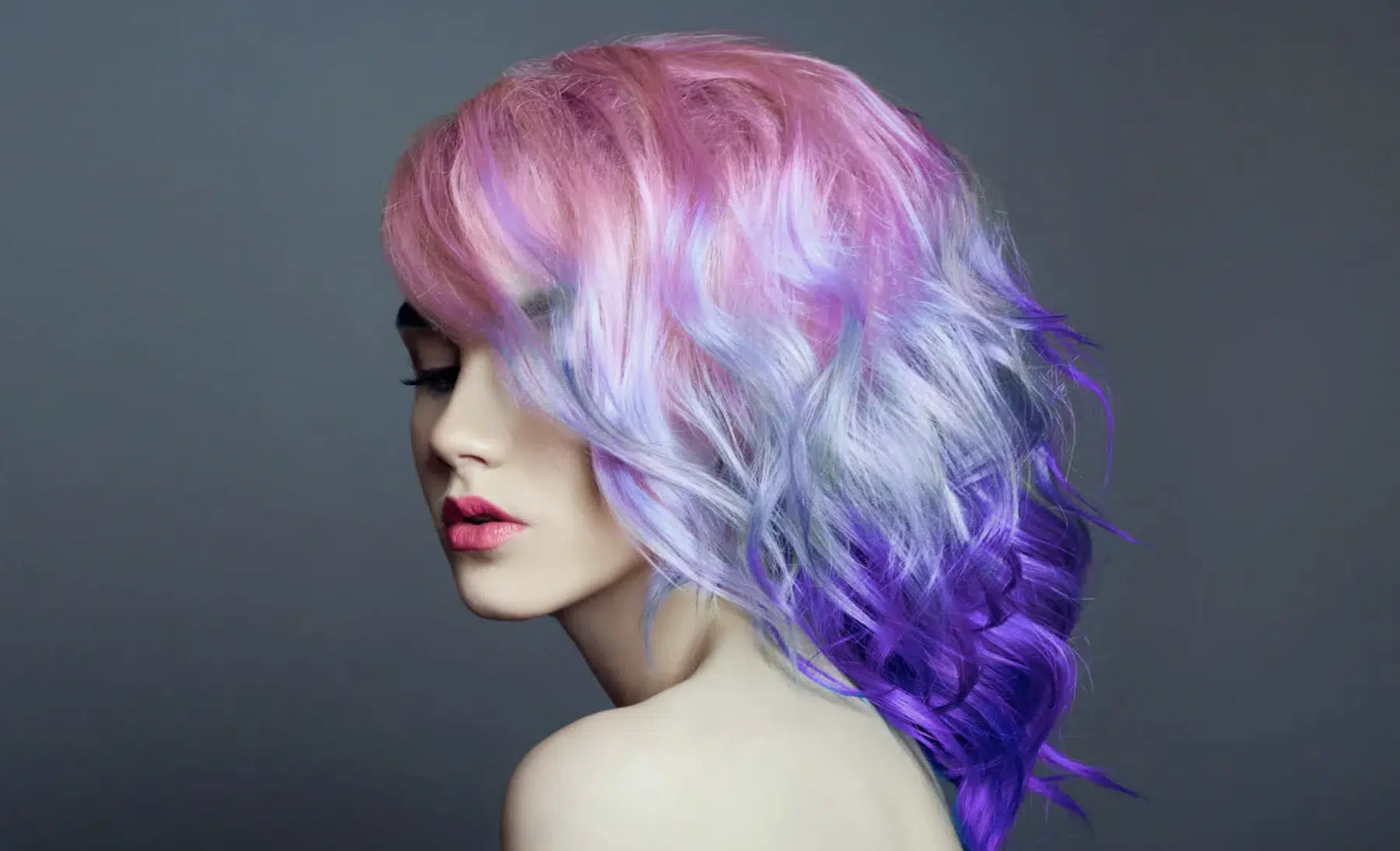
Which Type Of Hair Colour Is Best?
Selecting the right hair color can transform your look and boost your confidence.

How To Cooperate With Cosmetics Factories?
In the dynamic and competitive beauty industry, partnering with the right cosmetic manufacturer is paramount to the success of your cosmetics business.

How To Tell If Its Dandruff Or Hair Product?
Dealing with an itchy, flaky scalp can be frustrating.
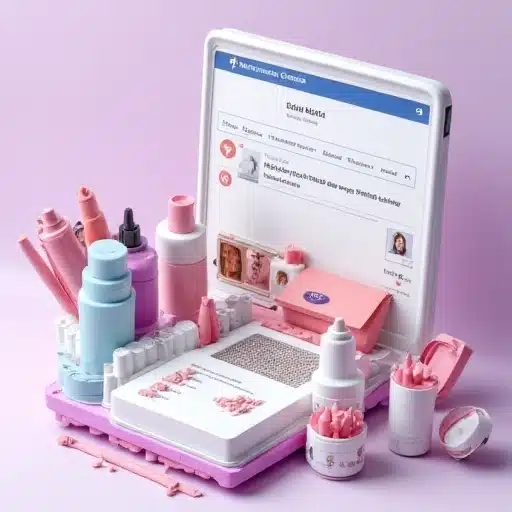
How To Sell Cosmetics On Facebook?
This article provides a comprehensive guide on how to effectively sell beauty products online using Facebook.

How Do I Create My Own Beauty Products?
This article provides a comprehensive, step-by-step guide for aspiring beauty entrepreneurs on how to create their own line of beauty products, from initial concept to launching a successful beauty brand.
- +86 151 1839 7303
- [email protected]
- Mon-Sun 07:00-23:00
Tags

How to Choose a Reliable Cosmetic OEM Manufacturer in China?
How to Pick a Good Makeup Maker in China: A Guide for You.
You possess a concept.
A new face cream. A new hair spray. A new nail color.
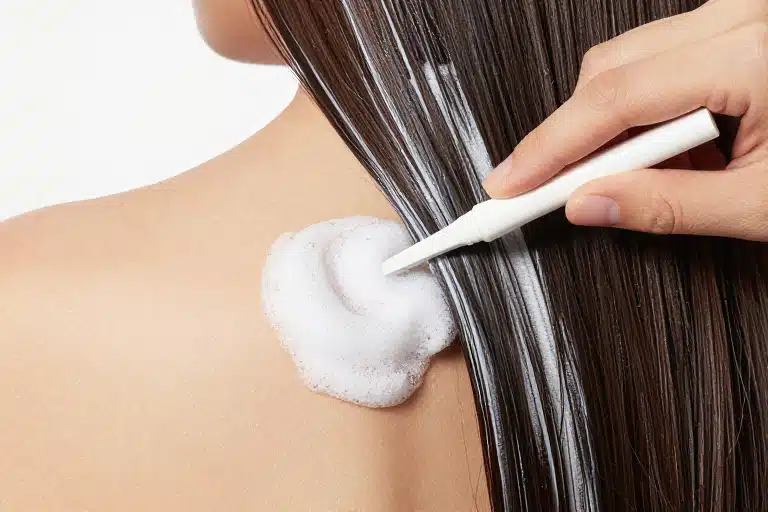
How to Get Hair Dye Off Skin: The Only Guide You Need
Picture this.
You just dyed your hair. You used a new color. It looks great. Your hair shines. You feel happy. You feel like a new person.

How Often Should You Wash Your Hair? The Ultimate Guide
The alarm rings.
You wake up. You stretch. You walk to the mirror.
You look at your hair.


